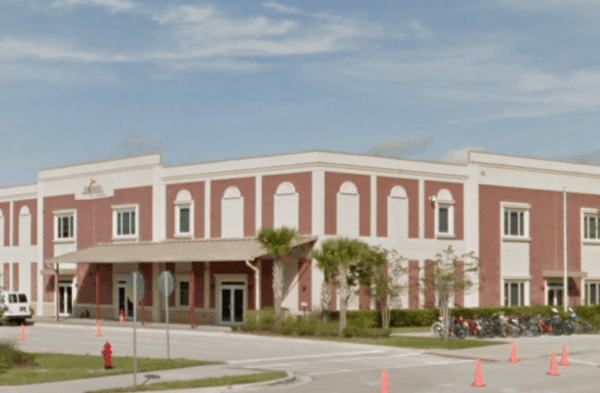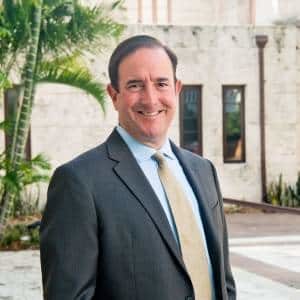
A teacher at Tradition Preparatory High School, located at 10970 SW Tradition Pkwy, Port St. Lucie, FL 34987, has been taken into custody after allegations surfaced of inappropriate behavior involving a female student. Deputies from the Martin County Sheriff’s Office (MCSO) revealed that Addam Timothy LeClair allegedly asked the student on a date and had been exchanging text messages with her, according to CW34.
Authorities confirmed that no sexual contact occurred between LeClair and the student. However, the MCSO stated that his actions violated a law prohibiting authority figures from initiating romantic relationships with students. "A teacher cannot date a student," an MCSO spokesperson emphasized.
This case is significant as it marks the first time the Martin County Sheriff’s Office has enforced this statute. LeClair was booked into the Martin County Jail on Wednesday and now faces charges stemming from his alleged behavior.
The arrest has sparked serious discussions about trust and ethical standards in schools. Investigators are continuing to evaluate the case as the community watches closely for further developments.

When allegations of sexual misconduct arise within schools, they leave communities searching for clarity and solutions. Florida attorney Michael Haggard, known for handling sensitive cases involving abuse, explains the legal avenues available to students who have been victimized by authority figures in educational settings. From holding individuals accountable to addressing institutional failures, Haggard discusses what victims and their families can do to seek accountability and support.
Editor Darla Medina: When situations like this arise, what legal options are available for students who may have been victims of teacher misconduct?
Attorney Michael Haggard: Cases involving teachers and students are complex, but Florida law provides several avenues for victims. A student who has been sexually abused or groomed can file criminal charges against the perpetrator, which would be handled by the state. Additionally, they may have the right to pursue a civil case to seek compensation for emotional distress, therapy costs, and other damages caused by the abuse.
Medina: What about the responsibility of the school itself?
Haggard: Schools have a legal duty to ensure the safety of their students. If it’s found that the school failed to properly screen, train, or supervise the teacher, or ignored warning signs of inappropriate behavior, they could be held accountable in a civil lawsuit. This can result in improved policies and protections for students moving forward.
Medina: Are there barriers that prevent victims from coming forward?
Haggard: Absolutely. Many victims feel shame, fear retaliation, or worry they won’t be believed. This is why support systems, legal protections, and trauma-informed approaches are so critical. When victims come forward, they not only begin the healing process but also help prevent future incidents.
If you or a loved one has been affected by sexual misconduct in an educational setting, remember that you don’t have to face this alone. Our team is here to provide guidance, support, and legal expertise to help you navigate this difficult time. Contact us today for a free, confidential consultation to discuss your rights and options. Let us help you take the first step toward accountability and recovery.
 info@legalherald.com
info@legalherald.com